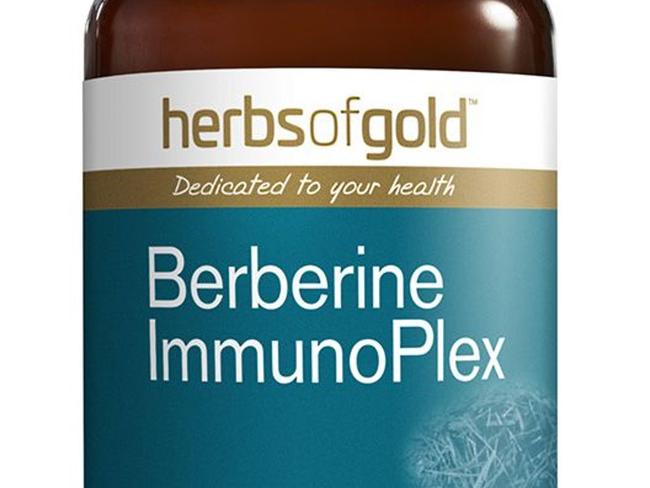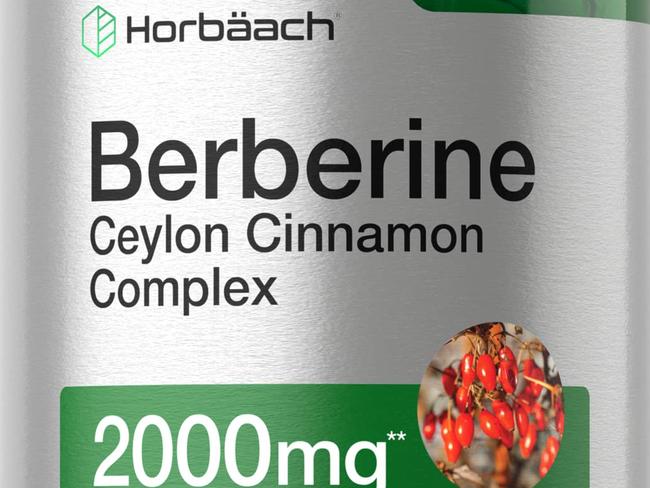What is Berberine and why is it being called ‘nature’s Ozempic’?
Dietary supplement Berberine is being hailed on TikTok for its supposed weight-loss effect. See what experts have to say.

Health
Don't miss out on the headlines from Health. Followed categories will be added to My News.
Dietary supplement Berberine, which has been spruiked by TikTok and Reddit influencers as a natural replacement for popular diabetes and weight loss drug Ozempic, has come under considerable scrutiny.
Over the past year, Ozempic has continued to make headlines due to its weight-loss effect in those who take the weekly injection. Headlines across the world refer to it as a “weight-loss wonder drug” and “Hollywood skinny jab” and there is constant speculation on which celebrity is taking the drug.
Ozempic is approved by the American Food and Drug Administration (FDA) and by Australia’s Therapeutic Goods Administration (TGA) specifically for type 2 diabetes sufferers, with many others getting hold of it from off-label prescriptions.
With interest in Ozempic and other weight-loss drugs like Wegovy and Mounjaro so high, Berberine has been making waves on popular social media platform, TikTok. It has been labelled as “nature’s Ozempic” by TikTokkers and the hashtag #berberine has over 73 million views.

WHAT IS BERBERINE?
Berberine has been used in Chinese medicine for the past 2500 years, according to the National Library of Medicine.
“Berberine is a natural compound found in a multitude of plants,” US surgeon Dr. Carl Giordano told CNBC.
“The most common plants are barberry, goldenseal, Oregon grapes [and] Chinese goldthread.”

Berberine, like Ozempic, decreases blood sugar and can lead to weight reduction, according to media reports. It also has other health benefits like healing the gut, reducing inflammation, lowering cholesterol levels and getting rid of infection.
Berberine may help reduce blood pressure levels and aid cardiovascular issues, ease canker sores in the mouth and help those with polycystic ovarian syndrome (PCOS), reports Everyday Health.
However, most tests and studies involving Berberine have been done on mice, not humans.
ARE THERE ANY RISKS?
There have been some potential risks associated with the supplement, which is widely available in Australia.
“Berberine should only be used by adults and may not be safe for infants, children, and pregnant women as it may pose a risk for brain damage to the fetus or young children,” nutritionist Vicki Shanta Retelny told Everyday Health.
“Berberine may interact with other medications and is not safe to take with blood sugar and blood lipid medications, as well as liver, blood clotting, and blood pressure medications.”
Other possible side effects that have been reported include diarrhea, constipation, gas, upset stomach, hypoglycemia or low blood sugar levels, fatigue, sweats, dizziness, shaking, bloating, irritable bowel syndrome (IBS) and in extreme cases, seizures.
The Australian Medical Association (AMA) and The Royal Australian College of General Practitioners (RACGP) made no comment on Berberine.
The TGA has been approached for comment.
It is advised that those seeking to take Berberine should consult with their doctor first.




